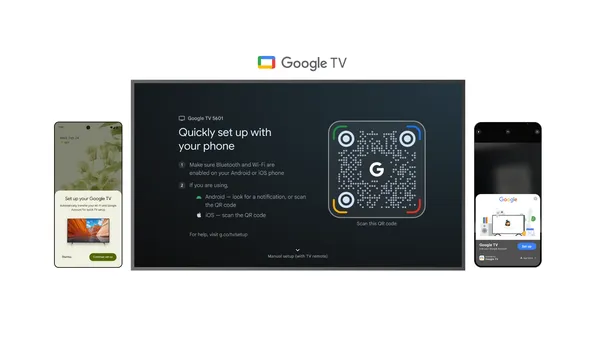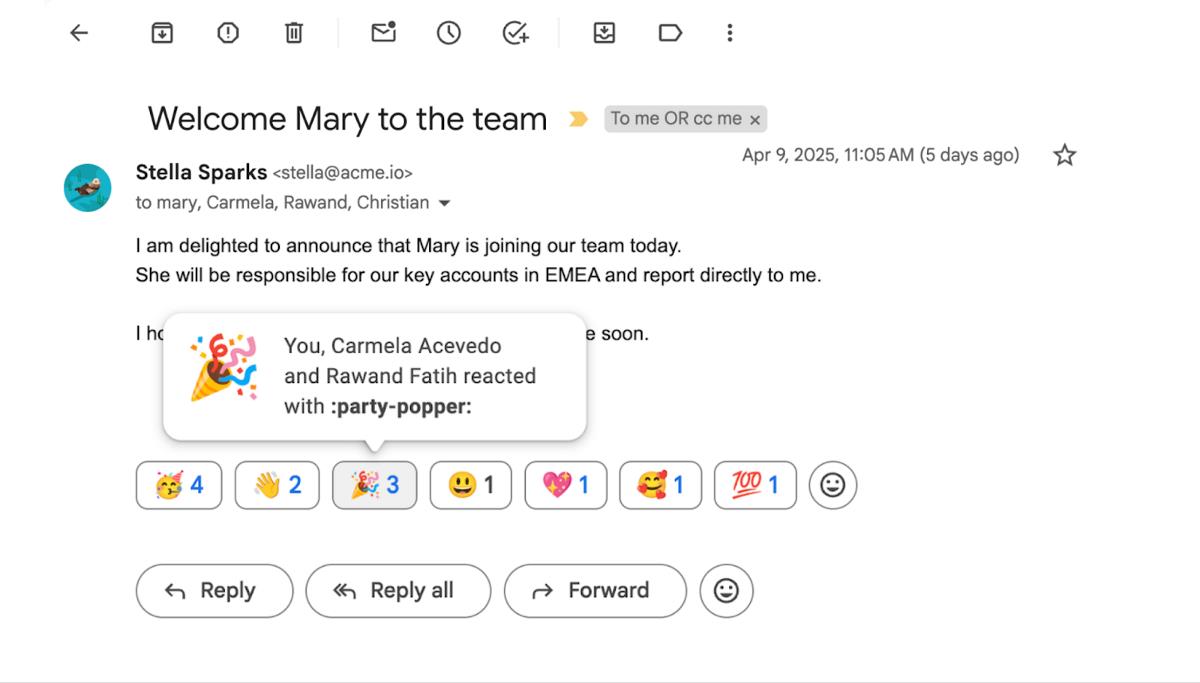Software Design Principles: Applying KISS and YAGNI with a Real Python Example
Introduction Applying design principles in software development helps create cleaner, more efficient, and easier-to-maintain systems. This article introduces two essential principles —KISS and YAGNI— using a real-world example written in Python. The goal is to demonstrate how to write focused and effective code from the beginning without overengineering. What is KISS? KISS stands for "Keep It Simple, Stupid". This principle encourages developers to keep their code as simple as possible. Simpler code is easier to read, debug, maintain, and extend when needed. What is YAGNI? YAGNI means "You Aren’t Gonna Need It". It reminds developers to avoid building features based on hypothetical future needs. Instead, focus on writing only what is needed today, not what might be useful someday. Python Code Example tasks = [] def add_task(description): tasks.append({"description": description, "done": False}) def list_tasks(): for i, task in enumerate(tasks, 1): status = "✔" if task["done"] else "✘" print(f"{i}. [{status}] {task['description']}") def complete_task(index): if 0

Introduction
Applying design principles in software development helps create cleaner, more efficient, and easier-to-maintain systems. This article introduces two essential principles —KISS and YAGNI— using a real-world example written in Python. The goal is to demonstrate how to write focused and effective code from the beginning without overengineering.
What is KISS?
KISS stands for "Keep It Simple, Stupid". This principle encourages developers to keep their code as simple as possible. Simpler code is easier to read, debug, maintain, and extend when needed.
What is YAGNI?
YAGNI means "You Aren’t Gonna Need It". It reminds developers to avoid building features based on hypothetical future needs. Instead, focus on writing only what is needed today, not what might be useful someday.
Python Code Example
tasks = []
def add_task(description):
tasks.append({"description": description, "done": False})
def list_tasks():
for i, task in enumerate(tasks, 1):
status = "✔" if task["done"] else "✘"
print(f"{i}. [{status}] {task['description']}")
def complete_task(index):
if 0 < index <= len(tasks):
tasks[index - 1]["done"] = True
# Example usage:
add_task("Finish article for Dev.to")
add_task("Record explanation video")
list_tasks()
complete_task(1)
list_tasks()
Code Explanation
tasks = []: initializes an empty list to hold task entries.
add_task(description): appends a dictionary with task description and a default “not done” status.
list_tasks(): displays each task with its number, a checkmark (✔) if completed or ✘ if not, and the description.
complete_task(index): updates the selected task's status to completed based on the index provided.
The last lines show a usage example: adding tasks, listing them, completing one, and listing again to see the updated state.
Conclusion
This example shows that simple, readable code can effectively solve real problems without overcomplication. By following KISS and YAGNI, developers can produce working solutions that are easy to maintain and evolve later, if truly needed.







































































































































































![[The AI Show Episode 145]: OpenAI Releases o3 and o4-mini, AI Is Causing “Quiet Layoffs,” Executive Order on Youth AI Education & GPT-4o’s Controversial Update](https://www.marketingaiinstitute.com/hubfs/ep%20145%20cover.png)








































































































































































































































































































































































![Google reveals NotebookLM app for Android & iPhone, coming at I/O 2025 [Gallery]](https://i0.wp.com/9to5google.com/wp-content/uploads/sites/4/2025/05/NotebookLM-Android-iPhone-6-cover.jpg?resize=1200%2C628&quality=82&strip=all&ssl=1)


















![Apple Reports Q2 FY25 Earnings: $95.4 Billion in Revenue, $24.8 Billion in Net Income [Chart]](https://www.iclarified.com/images/news/97188/97188/97188-640.jpg)








































































































